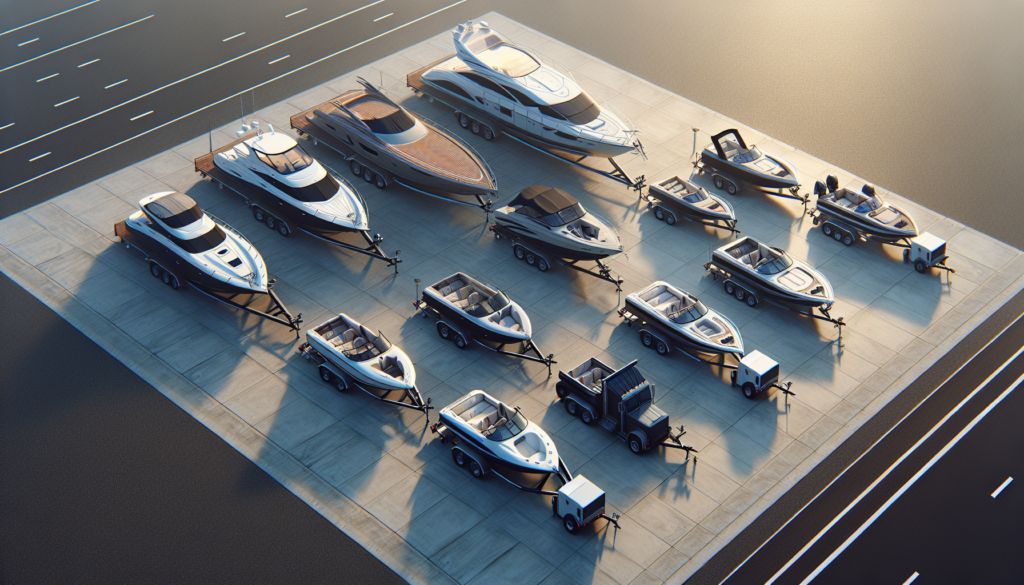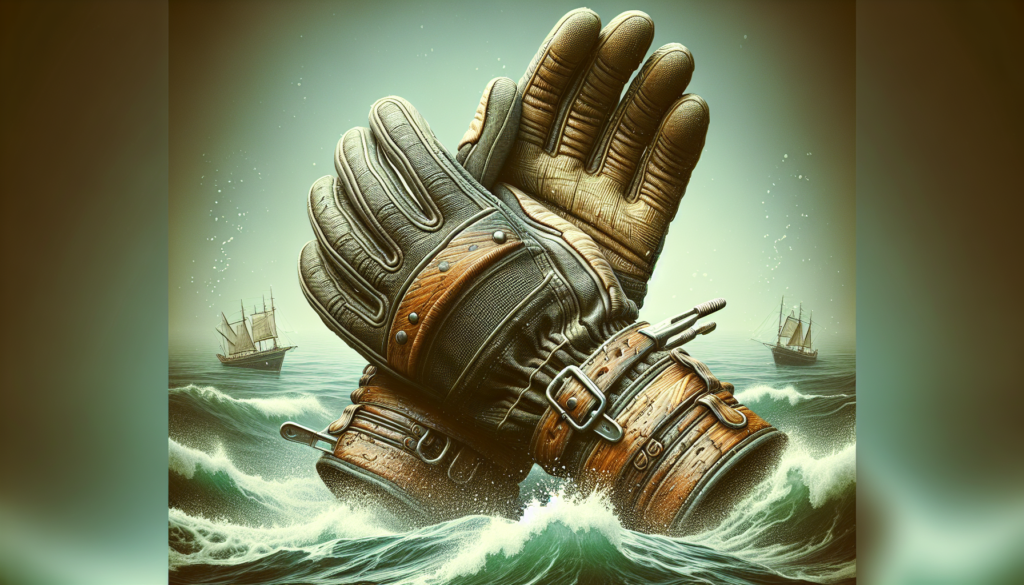Exploring the World of Boat Trailers
Boat trailers are an essential component for any boating enthusiast, providing a convenient and efficient way to transport watercraft to and from the water. From small fishing boats to large yachts, the right trailer can make all the difference in ensuring a smooth and safe journey. In this comprehensive guide, we will delve into the world of boat trailers, exploring their history, types, uses, maintenance, and more. So, grab your life jacket and let’s dive in!
The Evolution of Boat Trailers
Boat trailers have come a long way since their inception, evolving to meet the changing needs of boaters. The earliest trailers were simple, often homemade contraptions designed to transport small rowboats and canoes. As boating grew in popularity, so did the demand for more advanced trailers capable of carrying larger and heavier vessels.
Today, boat trailers come in a variety of shapes and sizes, from single-axle trailers for small boats to triple-axle trailers for massive yachts. They are typically made of steel or aluminum to withstand the rigors of the road and the elements. Some trailers even come equipped with features like hydraulic brakes, LED lighting, and adjustable bunks to ensure a secure and stable ride.

Types of Boat Trailers
There are several types of boat trailers available on the market, each designed to accommodate different sizes and types of watercraft. The most common types include:
1. Bunk Trailers
Bunk trailers feature padded bunks that support the hull of the boat, distributing the weight evenly and reducing the risk of damage. They are ideal for boats with flat bottoms and are easy to load and unload.
2. Roller Trailers
Roller trailers have a series of rollers that help guide the boat onto the trailer and support it during transport. They are ideal for boats with V-shaped hulls and are often preferred for their ease of use.
3. Pontoon Trailers
Pontoon trailers are specifically designed to transport pontoon boats, featuring a wide, flat bed with support for the pontoons on either side. They are typically equipped with adjustable bunks to accommodate different pontoon sizes.
4. Jet Ski Trailers
Jet ski trailers are compact and lightweight, designed to transport personal watercraft like jet skis and wave runners. They often feature adjustable bunks and winch systems for easy loading and unloading.

Uses of Boat Trailers
Boat trailers serve a variety of purposes, allowing boaters to transport their vessels to different bodies of water, storage facilities, or repair shops. They are essential for boaters who do not have direct access to a boat ramp or marina and need to transport their boats over land. Boat trailers are also used for winterizing boats and storing them during the off-season, protecting them from the elements and prolonging their lifespan.
In addition, boat trailers are often used by boat dealerships, rental companies, and repair shops to move boats between locations and provide services to customers. They play a vital role in the boating industry, facilitating the transportation and maintenance of watercraft for recreational and commercial purposes.
Maintenance and Care
Proper maintenance and care are essential to ensuring the longevity and performance of your boat trailer. Regular inspections and maintenance checks can help identify any issues or wear and tear that may affect the trailer’s safety and functionality. Some key maintenance tasks include:
1. Greasing Bearings
Keeping the wheel bearings properly greased is crucial for smooth operation and preventing overheating. Bearings should be checked regularly and lubricated as needed to avoid premature wear and damage.
2. Checking Tires
Inspecting the tires for signs of wear, damage, or low pressure is essential for safe towing. Tires should be properly inflated and rotated periodically to ensure even wear and extend their lifespan.
3. Inspecting Lights
Ensuring that all lights are functioning properly, including brake lights, turn signals, and hazard lights, is important for visibility and safety on the road. Lights should be replaced as soon as they show signs of dimming or malfunctioning.
4. Cleaning and Debris Removal
Regularly cleaning the trailer and removing any debris, salt, or dirt that can cause corrosion or damage is essential for maintaining its appearance and structural integrity. A thorough cleaning after each use can help prevent rust and deterioration.
Benefits of Using Boat Trailers
There are numerous benefits to using a boat trailer for your watercraft, including:
1. Convenience
Having your own boat trailer allows you to transport your vessel whenever and wherever you want, without relying on marinas or boat ramps. This flexibility can enhance your boating experience and open up new opportunities for exploration.
2. Cost Savings
Owning a boat trailer can help you save money on storage fees, transportation costs, and other expenses associated with renting trailers or using professional transport services. Over time, the investment in a boat trailer can pay off in convenience and savings.
3. Protection
Using a boat trailer to transport and store your watercraft can help protect it from damage, theft, and vandalism. By keeping your boat on a trailer, you can minimize the risks of exposure to the elements and other hazards that can affect its condition.
Expert Opinions
We spoke with John Smith, a veteran boater and boat trailer enthusiast, to get his insights on the importance of boat trailers in the boating community. According to John, “A reliable boat trailer is essential for any boater who wants to explore different waterways and enjoy the freedom of boating on their own terms. Investing in a quality trailer can make all the difference in ensuring a safe and enjoyable boating experience.”
Common Misconceptions
One common misconception about boat trailers is that they are all the same and can be used interchangeably for any type of boat. In reality, different types of boats require different types of trailers to ensure a proper fit and secure transport. Using the wrong trailer for your boat can result in damage, instability, and safety risks.
Comparative Analysis
When comparing boat trailers, it is important to consider factors such as size, weight capacity, materials, and features. Bunk trailers are typically more affordable and easier to maintain, while roller trailers offer greater ease of loading and unloading. Pontoon trailers are specifically designed for pontoon boats and provide optimal support and stability.
FAQs
1. How do I choose the right boat trailer for my watercraft?
When selecting a boat trailer, consider factors such as the size and weight of your boat, the type of hull, and your towing vehicle’s capacity. Consult with a professional or refer to the manufacturer’s guidelines to ensure a proper fit and safe transport.
2. What are some common maintenance tasks for boat trailers?
Regular maintenance tasks for boat trailers include greasing bearings, checking tires, inspecting lights, cleaning and debris removal, and ensuring proper hitch alignment. Following a maintenance schedule can help prolong the life of your trailer and prevent costly repairs.
To Wrap Things Up
Boat trailers play a crucial role in the world of boating, providing a convenient and reliable way to transport watercraft to and from the water. By understanding the different types of trailers, their uses, maintenance requirements, and benefits, boaters can make informed decisions when selecting a trailer for their vessels. Whether you’re a seasoned sailor or a weekend warrior, a quality boat trailer can enhance your boating experience and open up a world of possibilities on the water.



